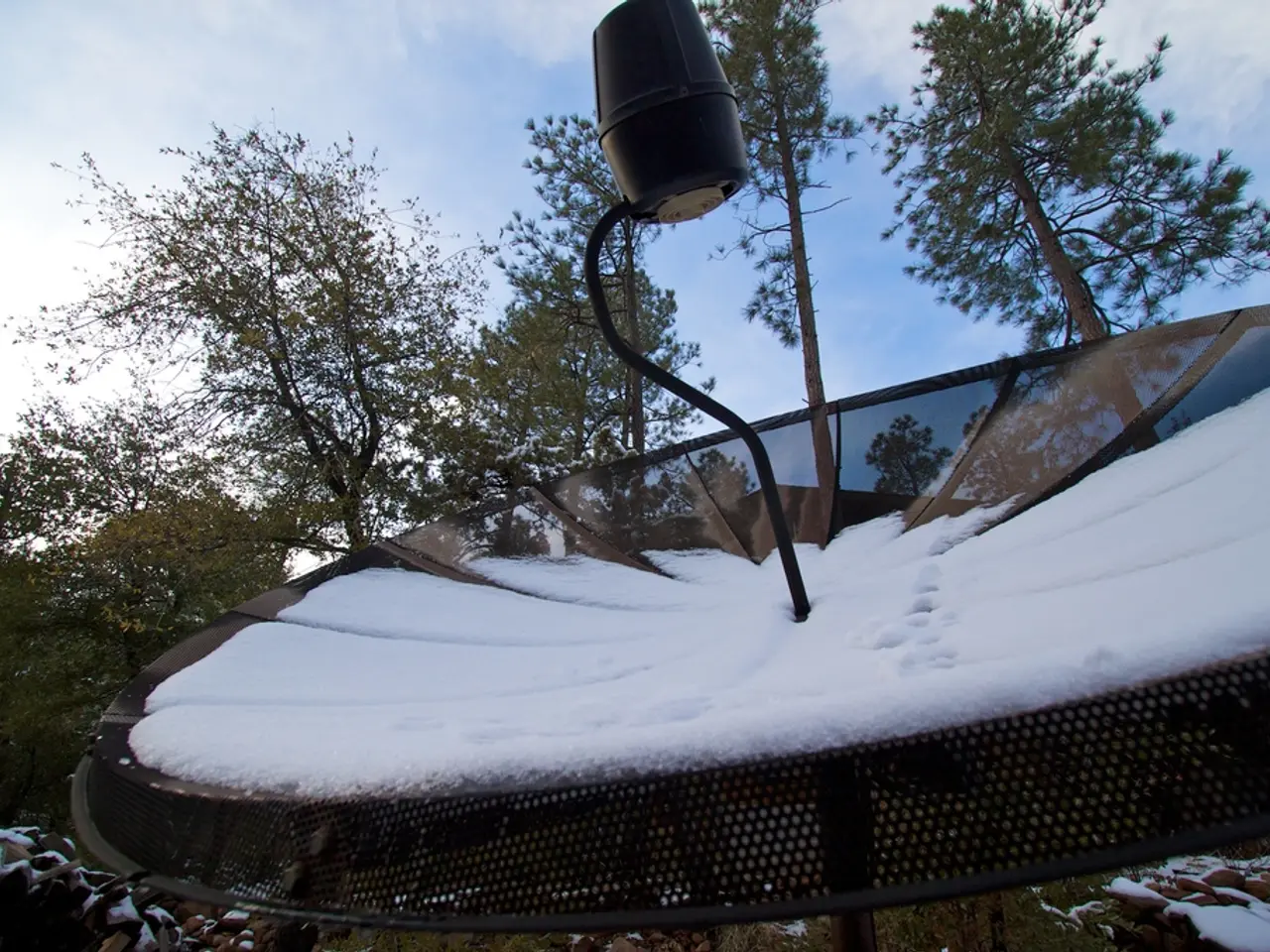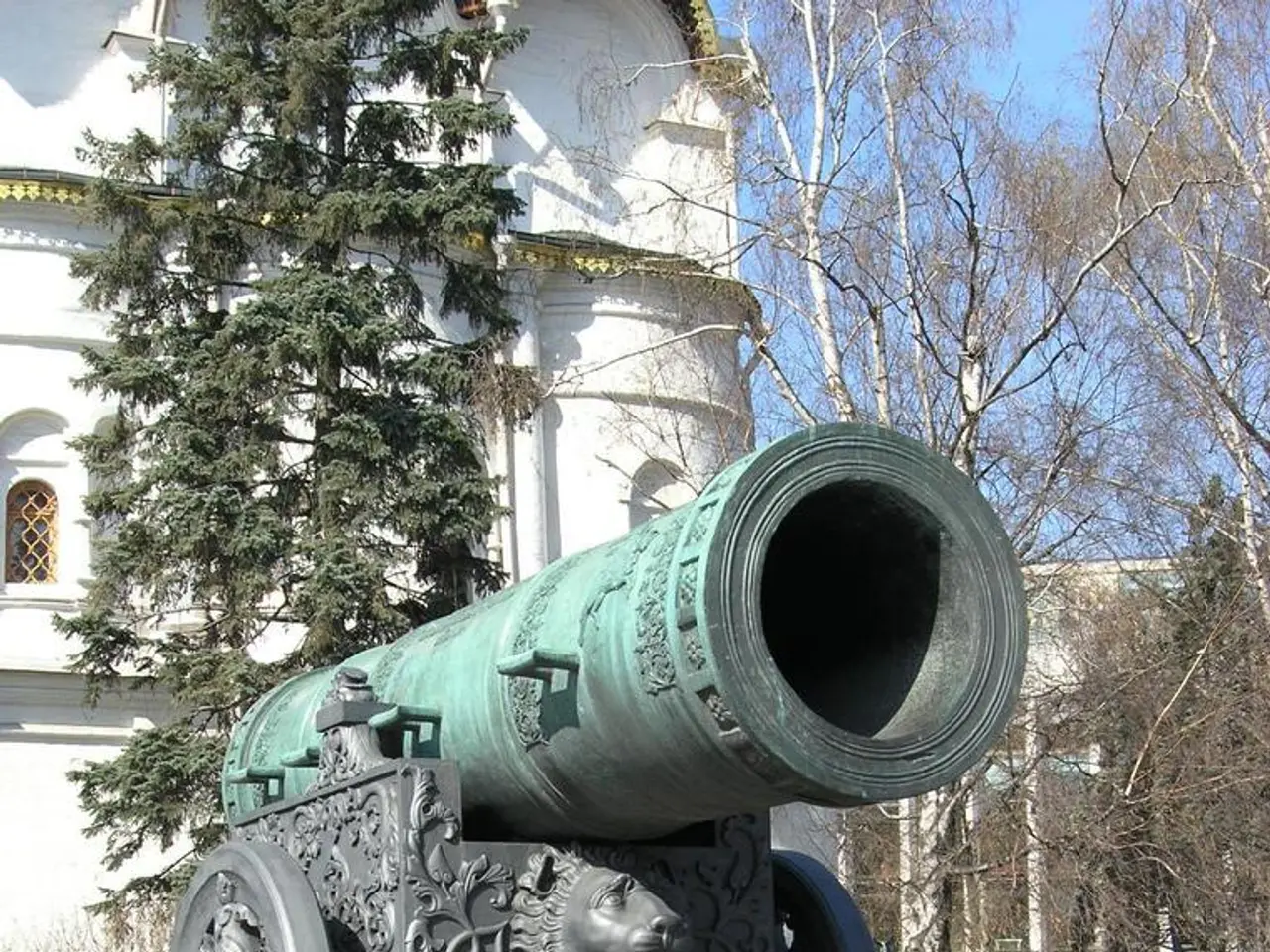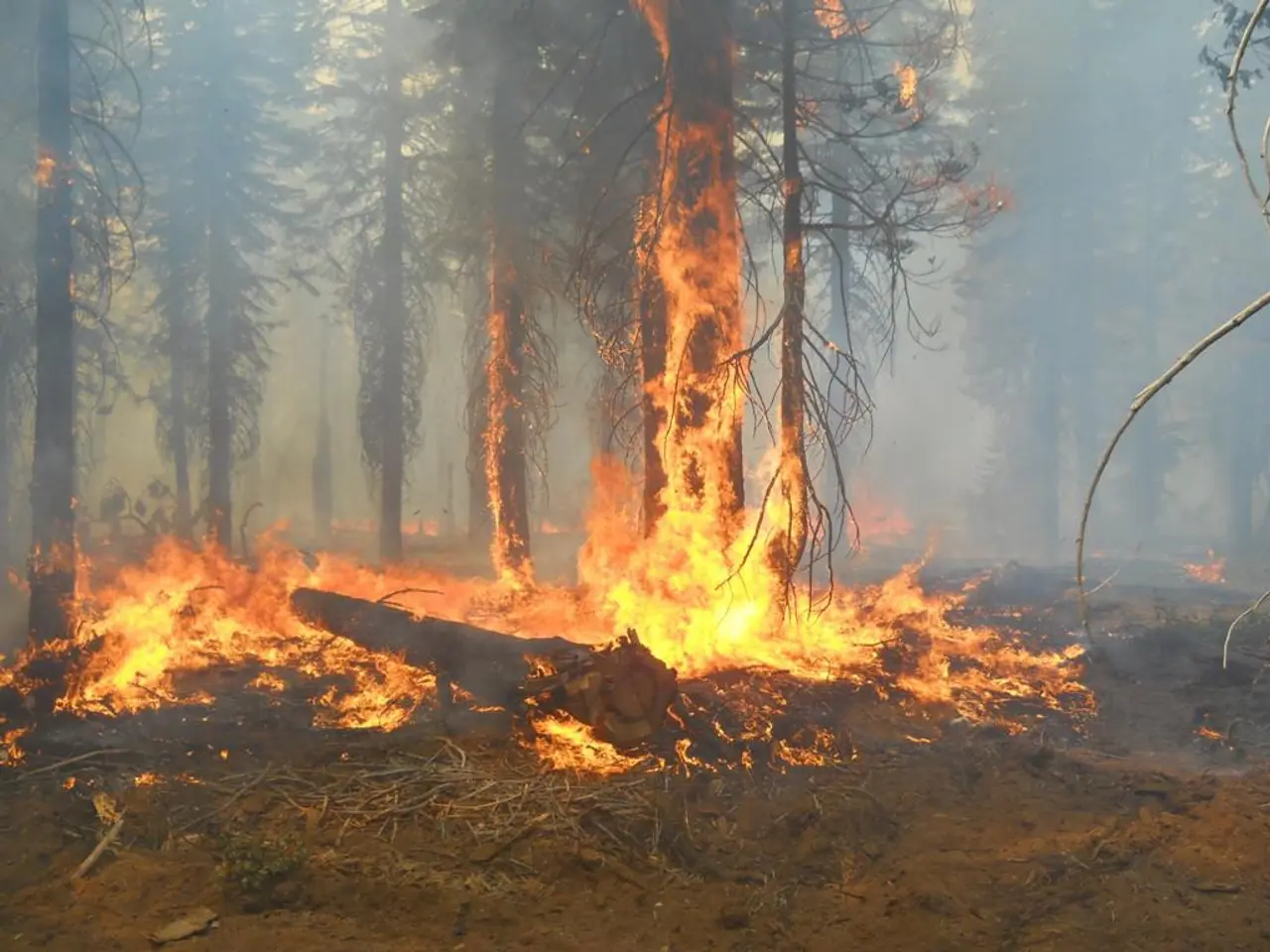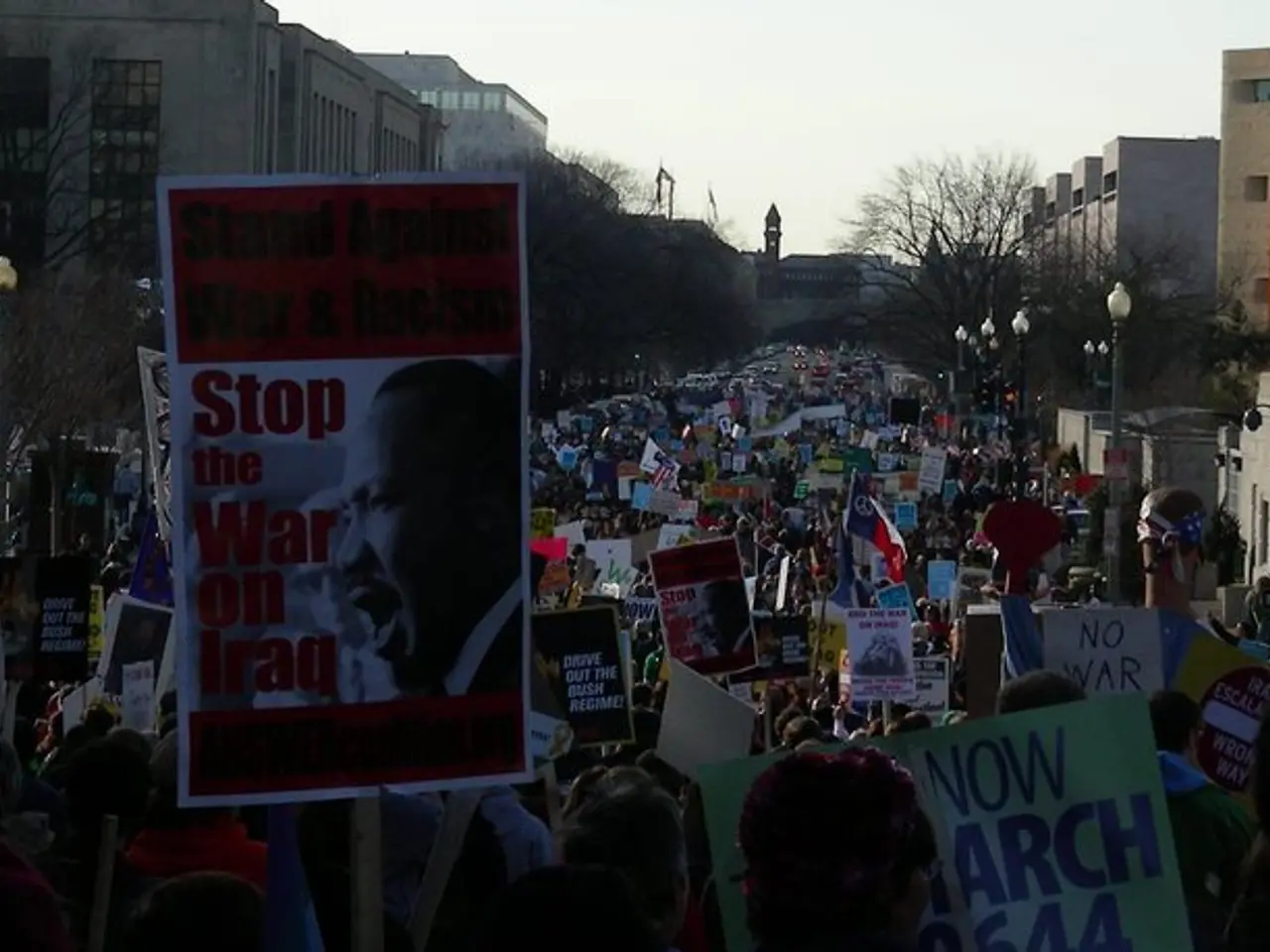Public Broadcasting Stations Play Key Part in Handling Weather Crises Detailed in Report by Cantwell
In a concerning turn of events, potential federal funding cuts to U.S. public broadcasters, specifically the Corporation for Public Broadcasting (CPB), are expected to cause significant disruptions during weather emergencies. These cuts could undermine the ability of public broadcasters to serve as dependable sources of emergency information, with direct consequences for public safety, particularly in rural and underserved communities.
The House and Senate recently approved a rescission package that includes a cut of $1.1 billion to CPB over two years, threatening the sustainability of public media outlets nationwide. This move, if passed by the Senate, may leave nearly 13 million Americans without access to their public media stations.
The critical role of public radio stations in delivering emergency alerts and news related to public safety during weather and other emergencies is underscored by the fact that nearly 3-in-4 Americans rely on them. However, funding cuts will force many stations, including those in rural and underserved communities, to reduce staff and cut programming, jeopardizing their ability to produce local content and timely emergency information.
In California, dozens of NPR and PBS stations face millions in funding losses and have already begun laying off staff. These reductions threaten the maintenance of signals and the quality of emergency broadcasts. In New York, public media organizations stand to lose at least $57 million federally over two years, highlighting the widespread fiscal strain on public broadcasters across states.
The cuts disproportionately affect locally produced programs, which are among the most expensive but critical for informing communities during crises. More than 70% of federal funding goes directly to local public broadcasters for content, interconnection, and support services. If passed, these cuts may prevent Americans from receiving lifesaving alerts and emergency information.
Public broadcasters serve large swaths of the Western, Midwestern, and Southeastern United States, which are at risk of wildfires, tornadoes, hurricanes, and other public safety emergencies. In rural areas, public broadcasters may be the sole source or one of only a few sources of information during disasters. It would cost local public broadcasters more than double CPB's current contribution to replace these critical services through alternative public or private means.
Sen. Maria Cantwell (D-Wash.) has issued a report highlighting the critical role U.S. public broadcasters play in responding to weather emergencies. The report states that these stations are at risk of wildfires, tornadoes, hurricanes, and other public safety emergencies. If the rescission request is approved, it may prevent Americans from receiving the vital alerts and information they need to stay safe during these events.
In conclusion, the federal funding rescission threatens to undermine the ability of public broadcasters to serve as dependable sources of emergency information during weather events, with direct consequences for public safety, especially in rural and underserved communities.
- The potential federal funding cuts to the Corporation for Public Broadcasting (CPB) may lead to significant disruptions in emergency broadcasts during weather emergencies.
- These cuts could impact the dependability of public broadcasters as sources of emergency information, potentially causing direct consequences for public safety, particularly in rural and underserved communities.
- The House and Senate's approval of a rescission package, which includes a cut of $1.1 billion to CPB over two years, threatens the sustainability of public media outlets nationwide.
- The critical role of public radio stations in delivering emergency alerts and news related to public safety during weather and other emergencies is significant, as nearly 3-in-4 Americans rely on them.
- Funding cuts will force many public radio stations, including those in rural and underserved communities, to reduce staff and cut programming, jeopardizing their ability to produce local content and timely emergency information.
- In California and New York, public media organizations face millions in funding losses and have begun laying off staff, threatening the maintenance of signals and the quality of emergency broadcasts.
- Sen. Maria Cantwell (D-Wash.) has issued a report stating that US public broadcasters play a critical role in responding to weather emergencies, particularly in rural and underserved areas where they may be the sole source or one of few sources of information during disasters. If the rescission request is approved, it may prevent Americans from receiving the vital alerts and information they need to stay safe during these events.








